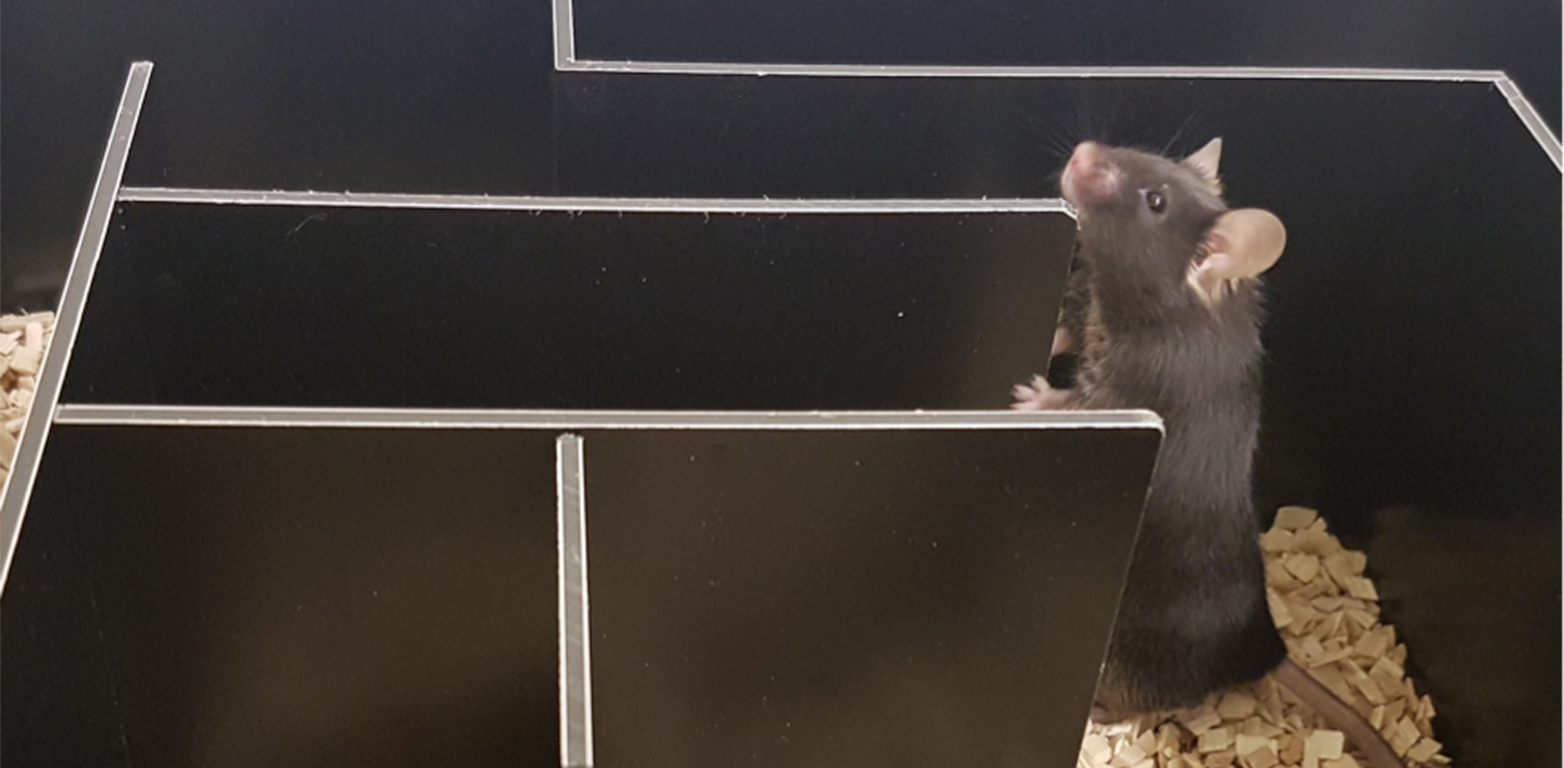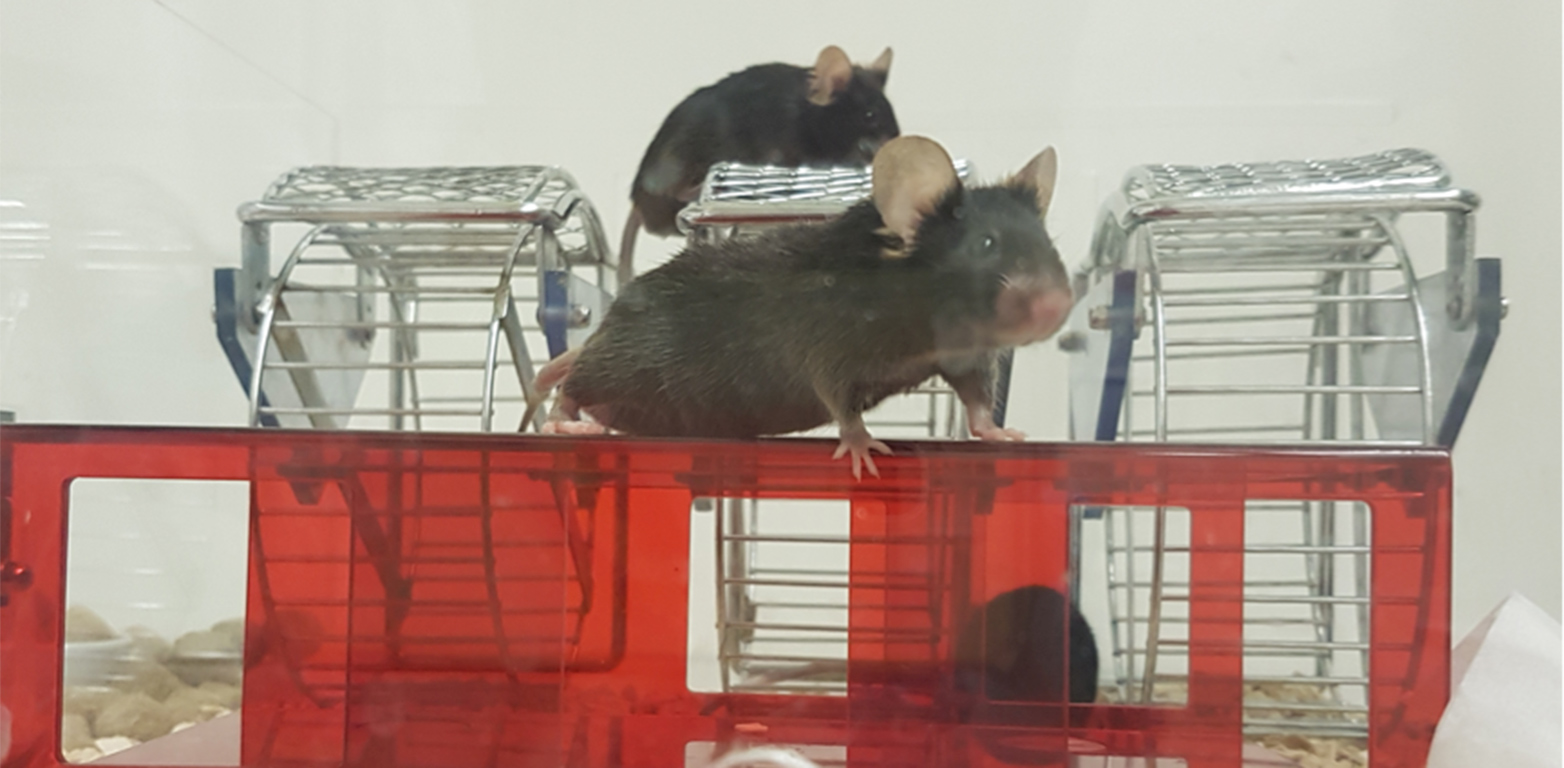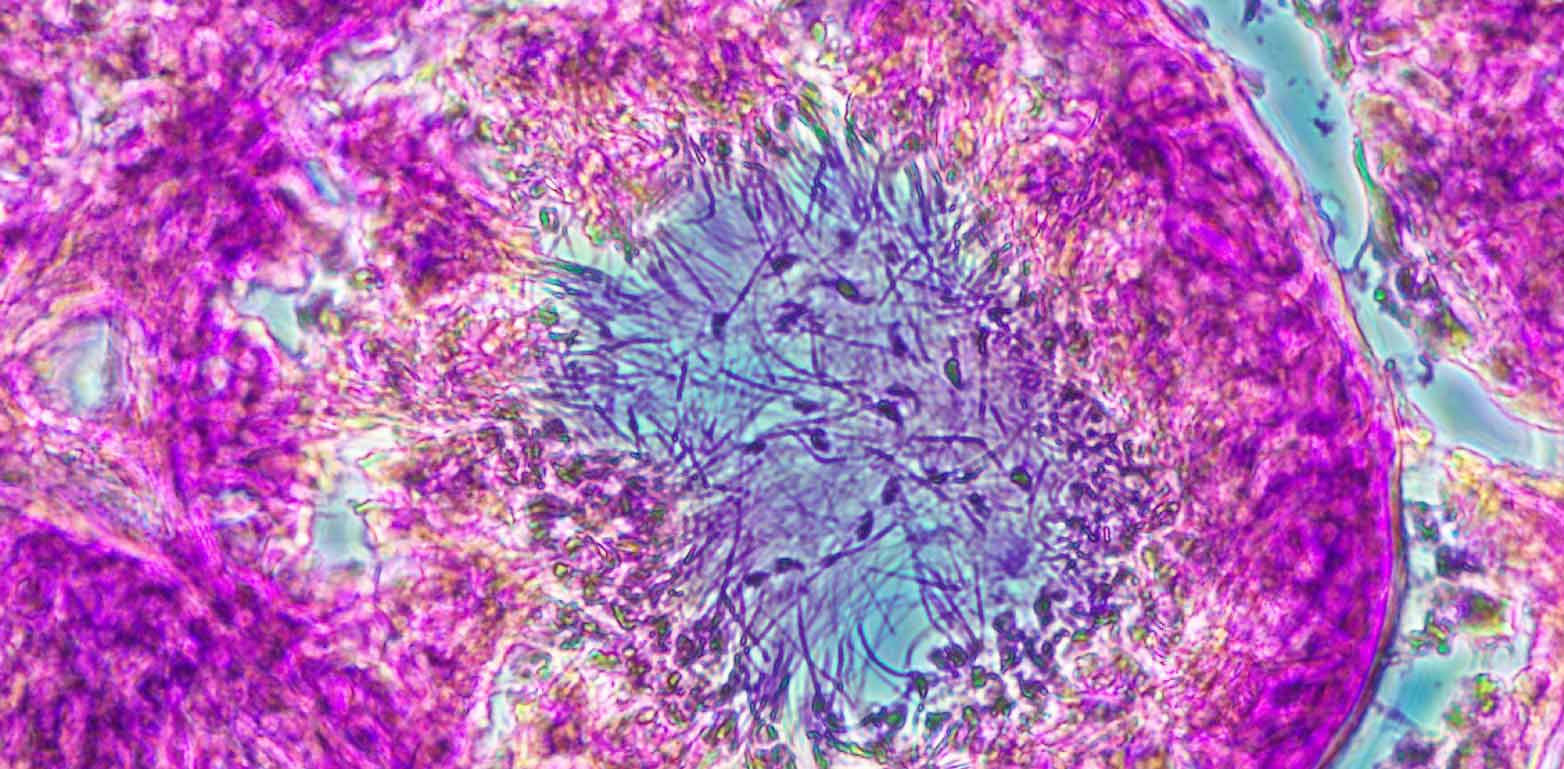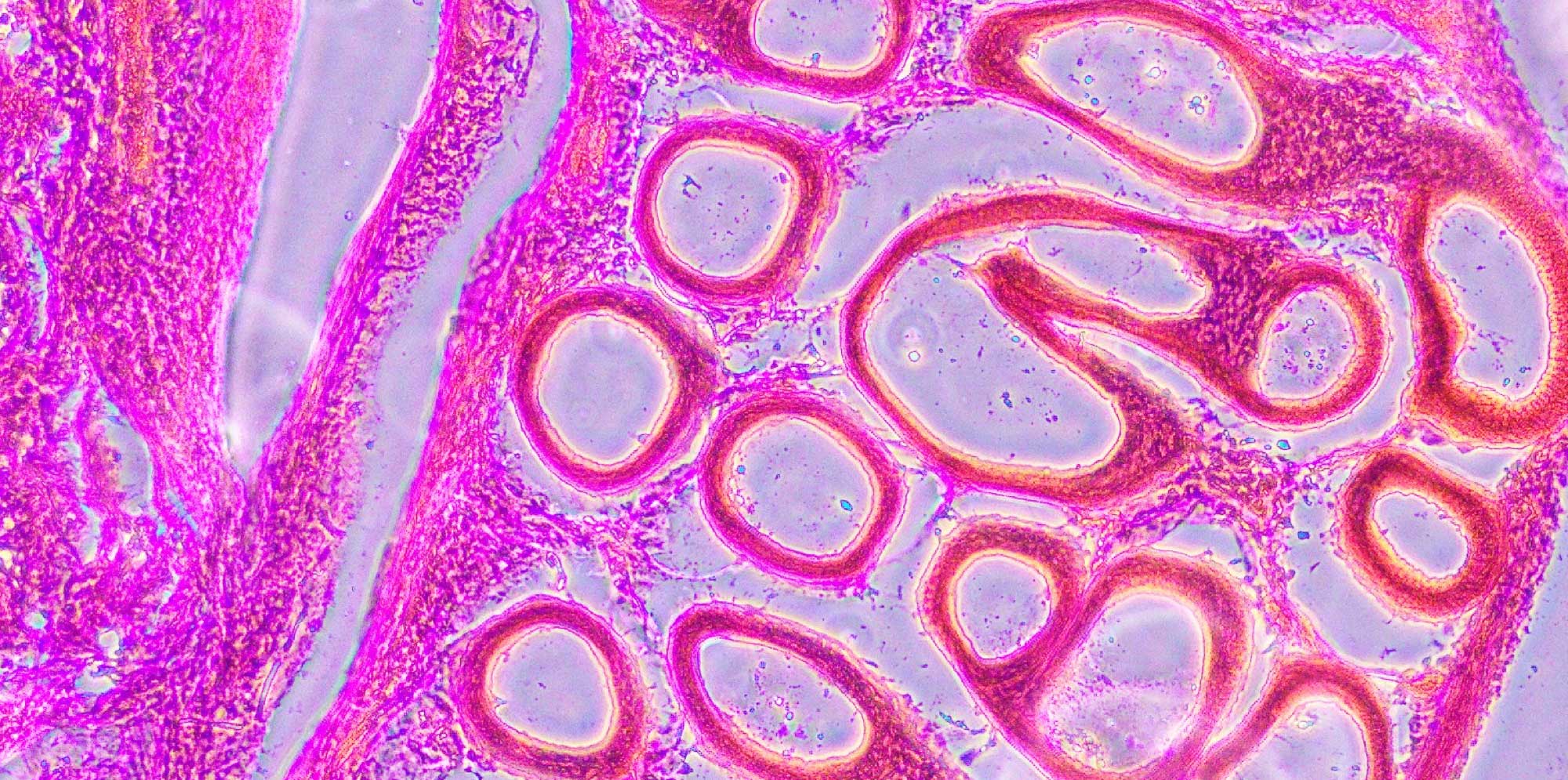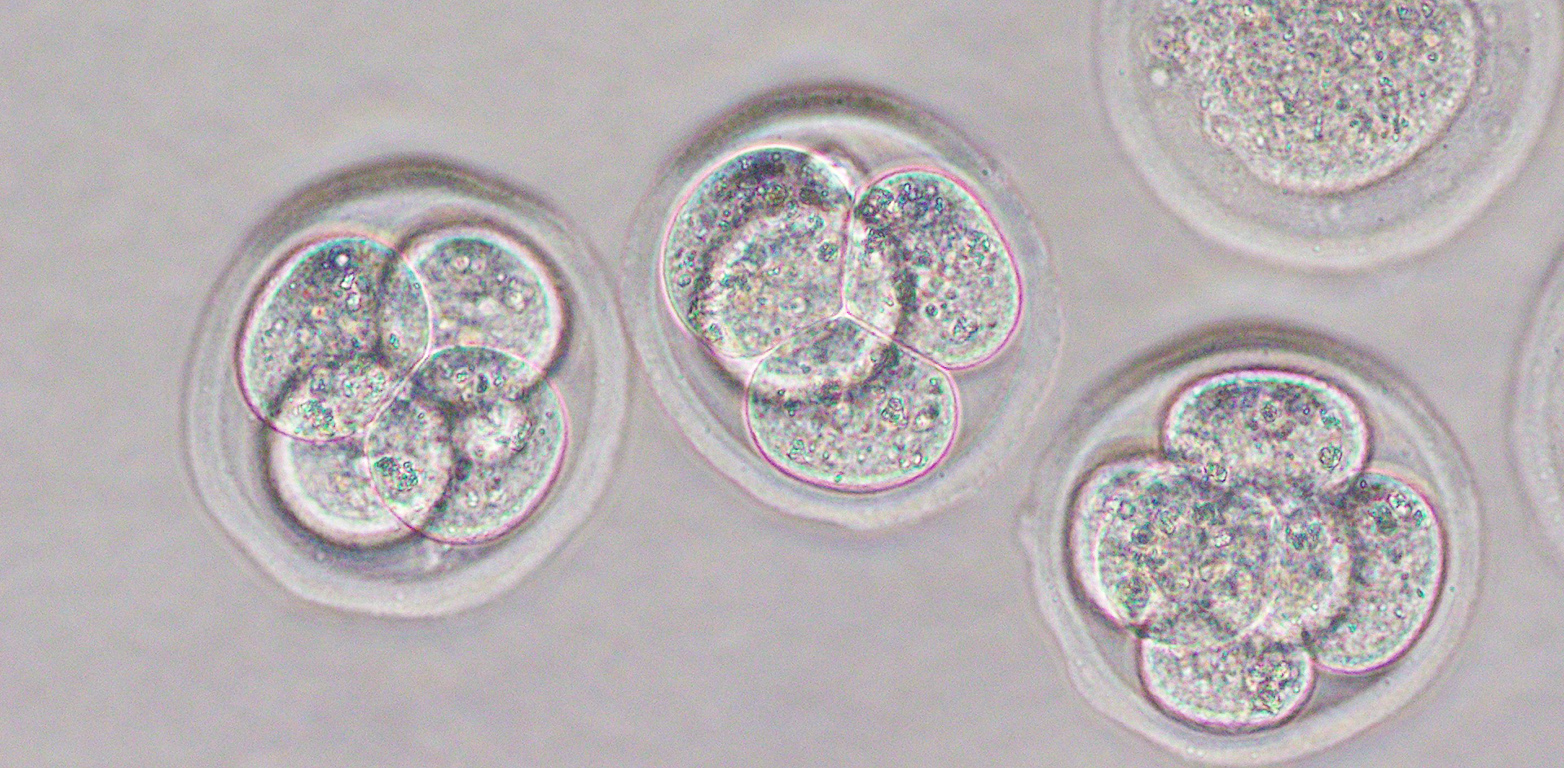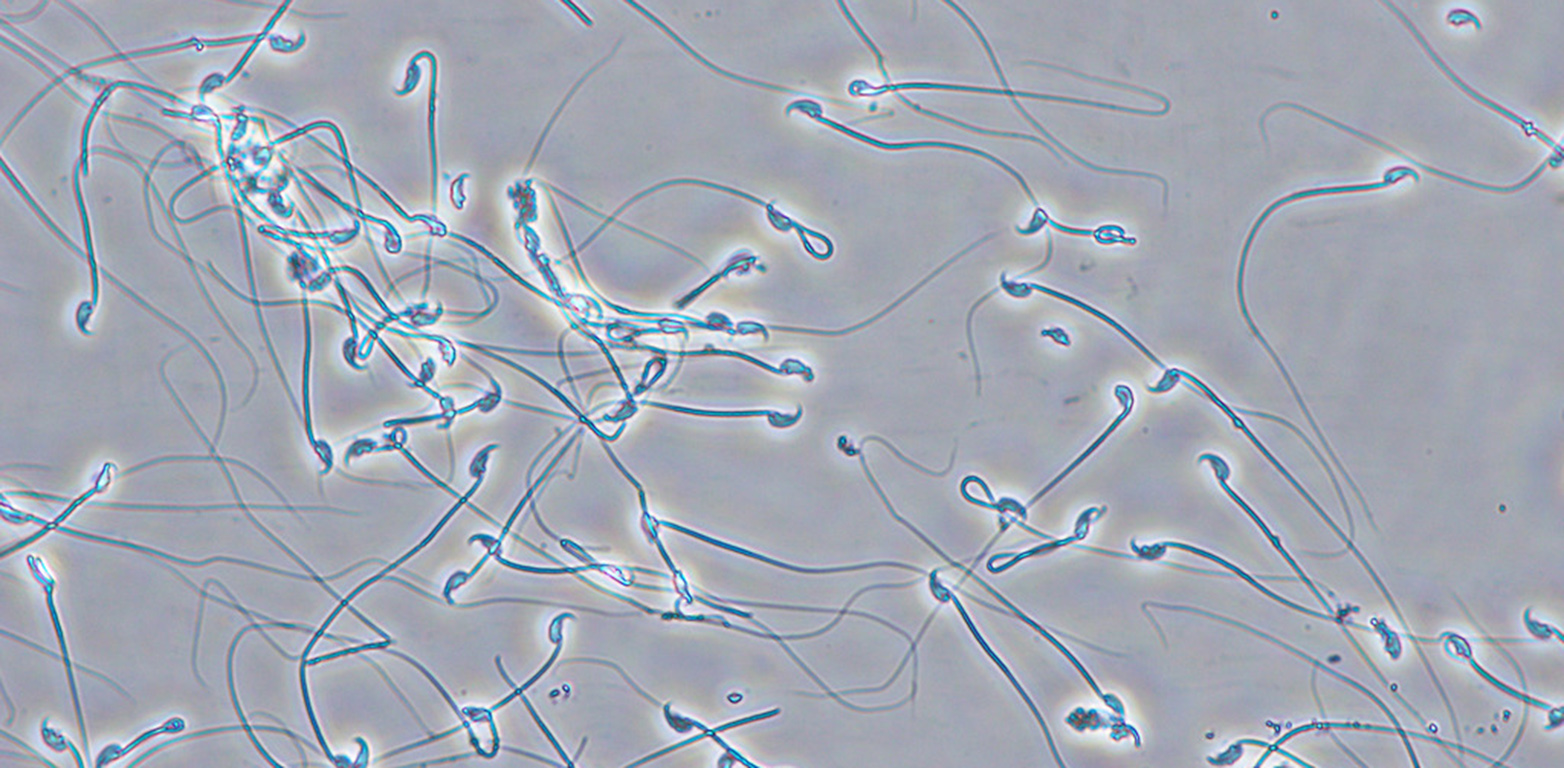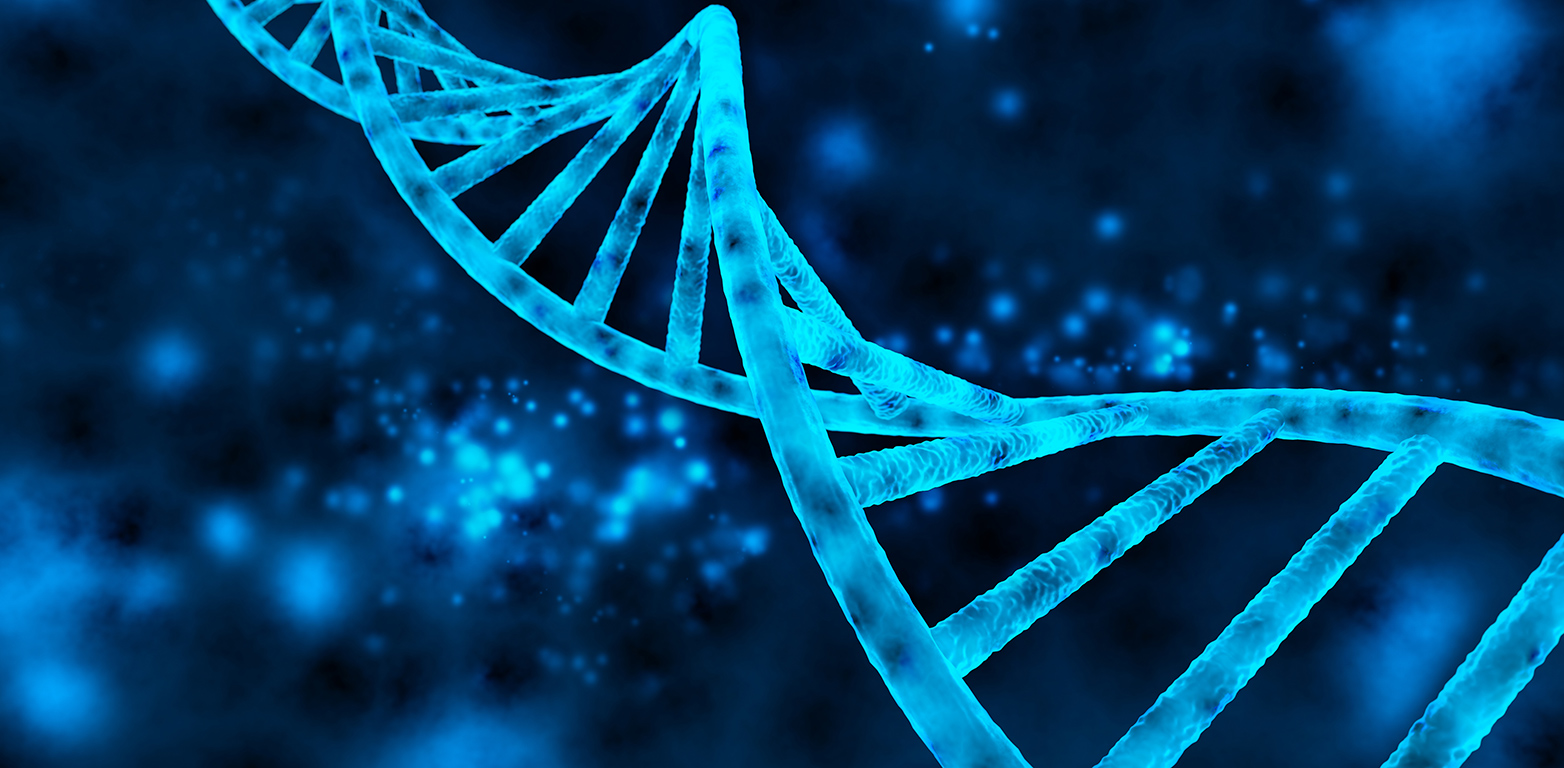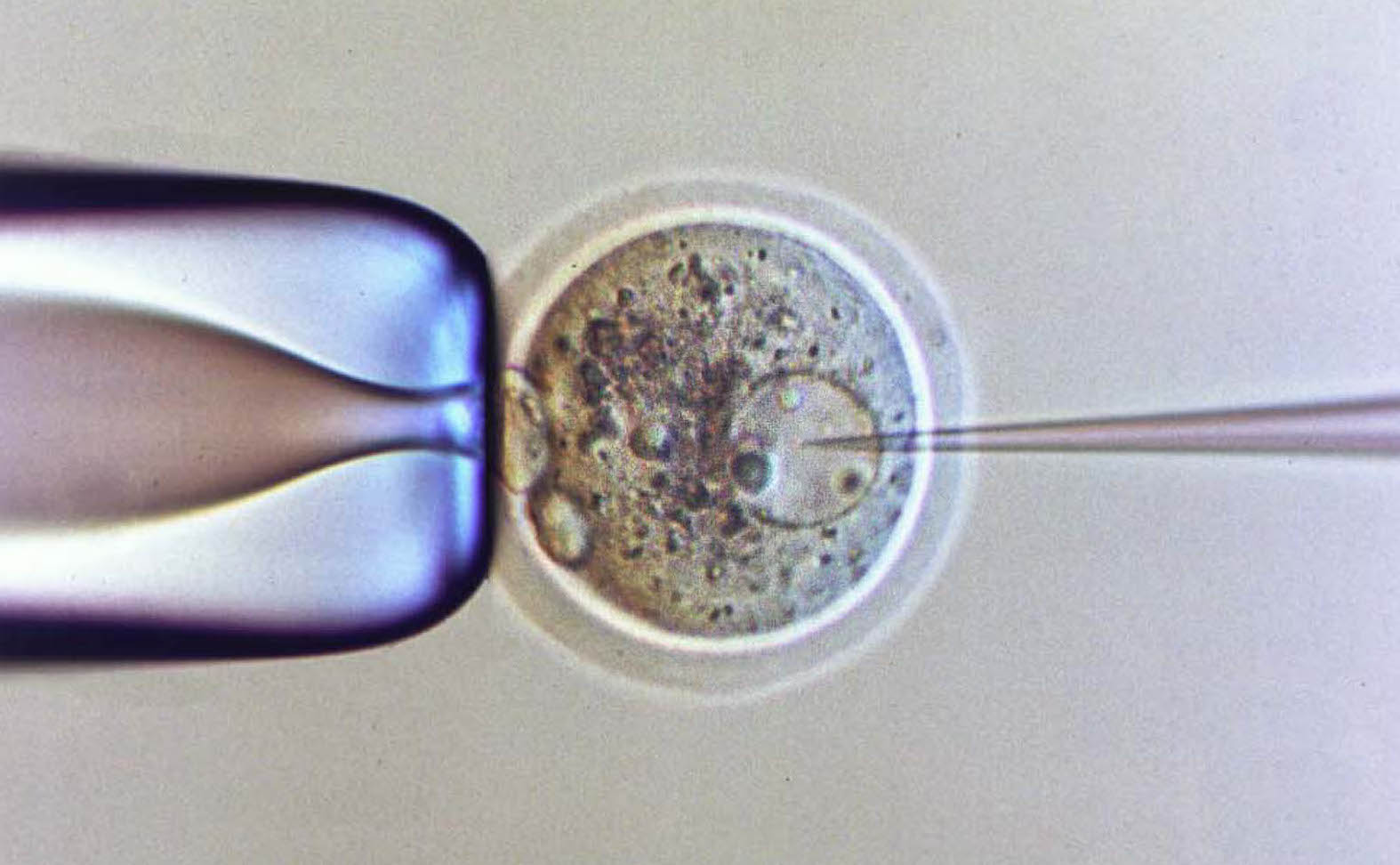Research Interests
For more info on ongoing research projects, click here.
Research interests: The Mansuy lab studies the epigenetic basis of complex brain functions and how acquired behaviors are transmitted across generations in mammals. It studies the mechanisms by which behavioral and physiological traits can be modified by life experiences, in particular childhood trauma, and are passed to descendants via the germline. Using an established mouse model of chronic postnatal trauma (MSUS), it aims to identify 1) epigenetic factors in the brain and germline underlying the expression and the transmission of behavioral and physiological responses such as social abilities, behavioral control, learning and memory formation, glucose metabolism, and their pathologies following trauma exposure, 2) the mechanisms responsible for their alterations by trauma exposure, 3) the potential reversibility of epigenetic alterations and symptoms induced by trauma, 4) the relevance of findings in mice for human subjects exposed to childhood trauma.
Major research achievements: The Mansuy lab 1) demonstrated the heritability of behavioral and metabolic traits caused by early trauma in the mouse across multiple generations, through both mother and father, 2) identified DNA methylation and non-coding RNAs as epigenetic factors associated with these traits, 3) provided causal evidence that sperm RNA are vectors of inheritance of trauma-induced symptoms. Past achievements of the lab also include research in memory and the demonstration of the existence of memory suppressors in the adult brain and the identification of protein phosphatases PP1 and calcineurin as such forgetting molecules, and their role as epigenetic regulators and modulators of neuronal signaling during memory formation.
Current and future research: Current research focuses on the identification of the ensemble of epigenetic factors in the brain and germ cells associated with the inheritance of trauma-induced traits across generations, on the demonstration of their causal involvement in symptoms and their transmission, and in the study of their modes of induction and maintenance in mice. Research in humans is also conducted in collaboration with clinicians to assess if epigenetic factors identified in the mouse model are altered in patients with childhood or adult trauma. The long-term objectives are to reach sufficient understanding of the mechanisms of transgenerational epigenetic inheritance to help the design and development of potential diagnostic and therapeutic tools for trauma patients in the clinics. Evolutionary and societal aspects of the concept of epigenetic inheritance are also addressed.
Research tools and methodologies: This research is pluridisciplinary and uses a combination of environmentally and genetically manipulated mouse models, organoid and cell culture models together with behavioral testing, metabolic phenotyping, and methods to characterize, and manipulate the genome and epigenome. Classical molecular methods, CRISPR editing and multi-omics approaches including genomics, epigenomics, transcriptomics, proteomics and metabolomics are used, as well as bioinformatics tools and statistical methods.
